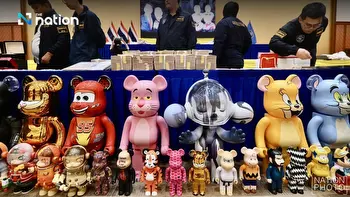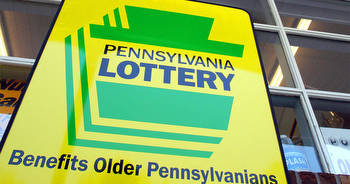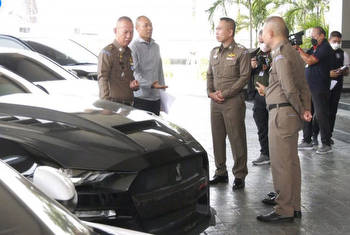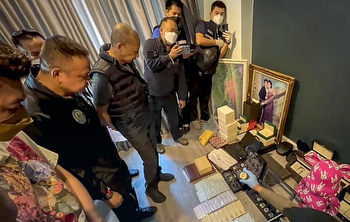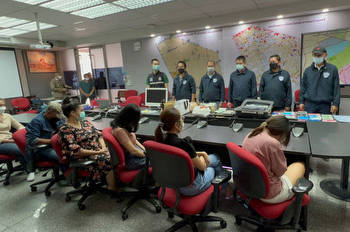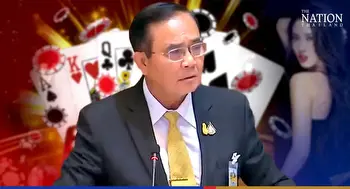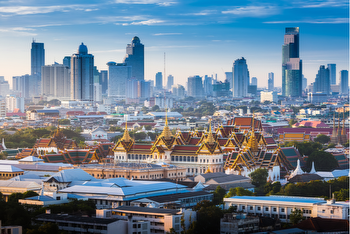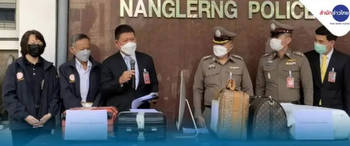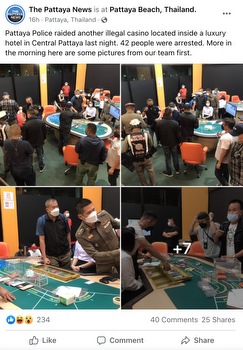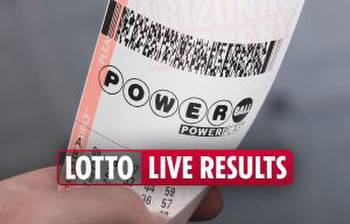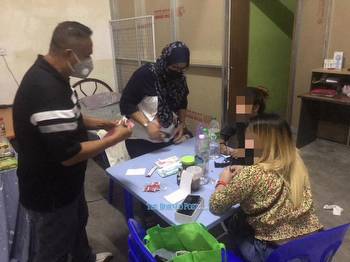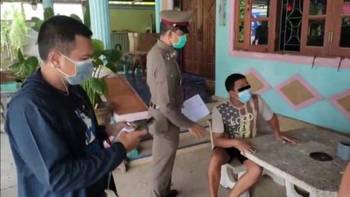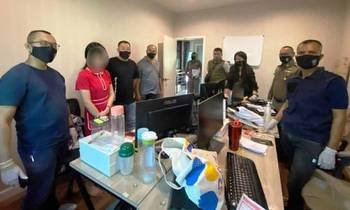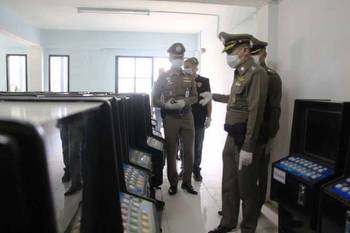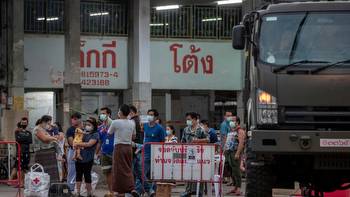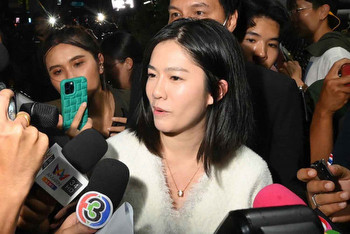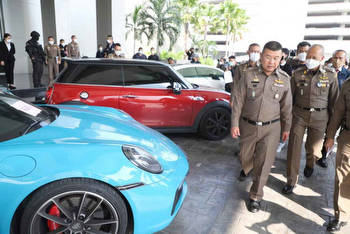Stop gaming the lottery

After the May 2014 coup, the government installed and led by Prime Minister Gen Prayut Chan-o-cha made promises to end the problem of overpriced lottery tickets.
Eight years later, overpriced tickets remain for sale, some priced at more than 100 baht apiece.
Two months ago, a high-level government committee was set up with instructions issued by Gen Prayut to start work on capping the retail price at 80 baht per ticket.
Last Friday, Seksakon Atthawong, an assistant to the prime minister, collaborated with Pol Lt Gen Surachate Hakparn, assistant to the national police chief, and several agencies to raid the headquarters of Bluedragon Lottery Co.
No less than 2 million lottery tickets were seized. Authorities claimed the company might be the cause of inflated lottery prices as it had purchased the seized tickets from licensed vendors holding lottery quotas from the Government Lottery Office (GLO) and then offered the tickets on its online platform.
Police have yet to file charges, and at this point it's unclear whether the company is guilty of selling lottery tickets without a licence. However, it is reasonable to speculate that the company bears some responsibility for the overpriced lottery problem.
But first back to 2014, when Gen Prayut appointed Gen Aphiratch Kongsompong, then 1st Army Region deputy chief, as chairman of the GLO and asked him to lead efforts to end the problem of overpriced lottery tickets.
The move also was aimed at ending the monopoly held by influential people who receive a majority of lottery distribution quotas from the GLO and who have controlled the distribution of government lottery tickets to vendors nationwide for many years.
Gen Aphiratch received kudos for not renewing contracts granting lottery quotas to the so-called "five tigers", which receive the lion's share of the quotas.
Lottery ticket prices fell swiftly, but only for a short time. They have since risen after authorities lowered their guard on the issue.
Thus despite any media clamour, the latest operation seizing those 2 million lottery tickets from Bluedragon will not solve the overpricing problem as the company's share is a fraction of the 100 million lottery tickets which the GLO issues per draw.
At root, the problem stems from high demand for lottery sets in which several tickets with the same numbers are sold to players seeking a statistical advantage to increase winnings. The current jackpot cap for an 80-baht ticket is 6 million baht. If players buy several tickets with the same numbers, they can make tens of millions of baht in jackpot pay-outs. News reports of some lucky players pocketing 12-48 million baht after every draw have driven demand for the lottery sets.
There must be many more lottery-playing groups, if not the old five tigers, which acquire stacks of lottery tickets from licensed vendors and then compile them into sets of matched numbers before selling them at inflated prices.
It's also a fact Thailand's lottery is out of step with technology. One way to address the problem would be adopting an online lottery system with variable stakes, user-selected numbers and electronic points-of-sale including hand-held devices for ticket vendors. This would at least reclaim the 70% of tickets now in the hands of monopolistic distributors.
Indeed, promising an online lottery scheme might be a safe bet for any political party contesting the next election.








